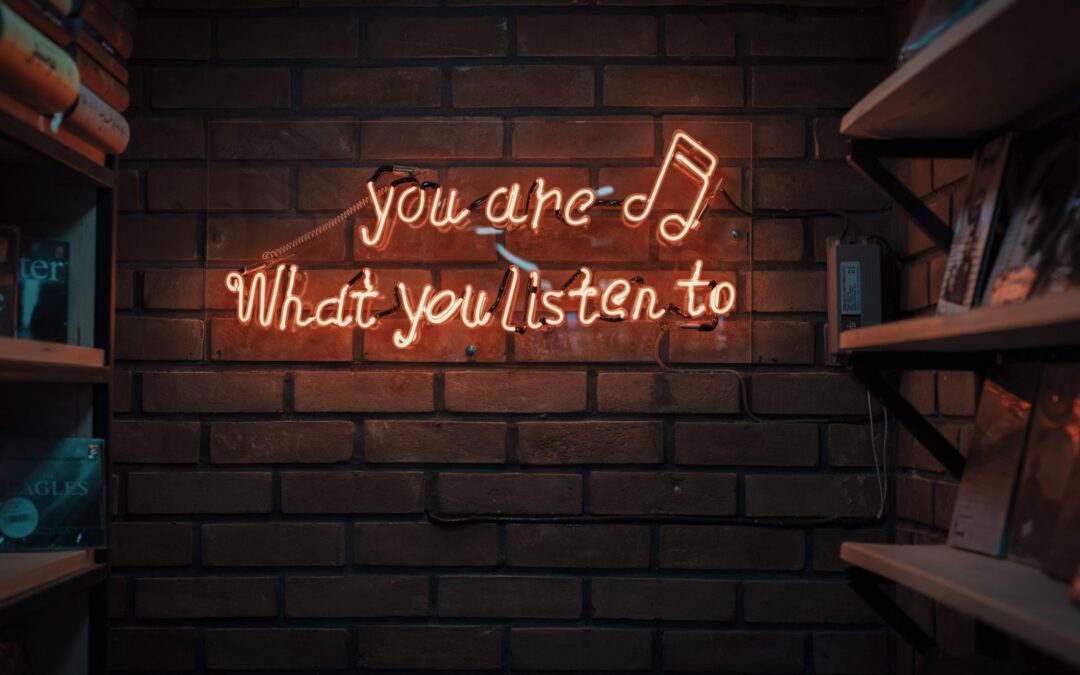In this article, I’ll be discussing the effect of music on mental health, specifically on its effects on anxiety and depression. According to The Best Brain Possible, “Research shows that listening to music can reduce anxiety, depression, blood pressure, and pain as well as improve sleep quality, mood, memory, increase some cognitive functions, enhance learning and concentration, and ward off the effects of brain aging” (2016).
With this wide variety of benefits that come from listening to music, it’s no surprise that where I work the other interns and I will often play music while we work on projects alongside other contributors. We feel that listening to music in this way has a calming effect on all of us working projects and interacting in the group.
I have always loved music and I have always felt that listening to it has a calming effect on me personally, but I didn’t realize the scope of the different ways listening to music can have a tangible positive effect on people. In fact, “a meta-analysis of 400 studies validated the many health benefits of listening to music, including lowering of the stress hormone, cortisol” (The Best Brain Possible, 2016).
According to Jane Collingwood at Psych Central, “A person with clinical depression… might listen to music to help with their worst, lowest moods” (2018). I know people, as I’m sure you do, who are really helped by listening to a favorite song or an especially emotional song when they feel down, and I’ve spoken to people who discussed how they use music to manage emotions when they are in clinically diagnosed depressed states.
As we all probably know by now, “The soothing power of music is well-established. It has a unique link to our emotions, so [it] can be an extremely effective stress management tool” (Collingwood, 2018). As mentioned in the “Best Brain Possible” article (see quote above), music literally has the effect of lowering the levels of the stress hormone cortisol. The fact that cortisol levels are lowered by listening to music is consistent with the feelings of calm we feel when we listen to a favorite track.
In conclusion, music is a good stress-reliever which has demonstrated positive effects on anxiety and depression that resonate with our subjective experiences when listening to music we like. Now that we know what a great stress-management tool music can be, I encourage each and every reader of this post to grab a device, pick out their favorite song, lay back, and zone out. I’ll be listening to All Along the Watchtower as performed by Jimi Hendrix.
As always, readers are encouraged to dig deeper into the effects of music on the brain on their own. In fact, it is always important to look further into anything anyone writes on a blog! (Really though, please feel free to do your own research if you feel like knowing more about how music affects the brain would benefit you). See you next time!
References
Collingwood, J. (2018). The Power of Music To Reduce Stress. Psych Central. Retrieved from https://psychcentral.com/lib/the-power-of-music-to-reduce-stress/
The Best Brain Possible (2016). How Listening to Music Benefits your Brain. Retrieved from https://www.thebestbrainpossible.com/how-listening-to-music-benefits-your-brain/

